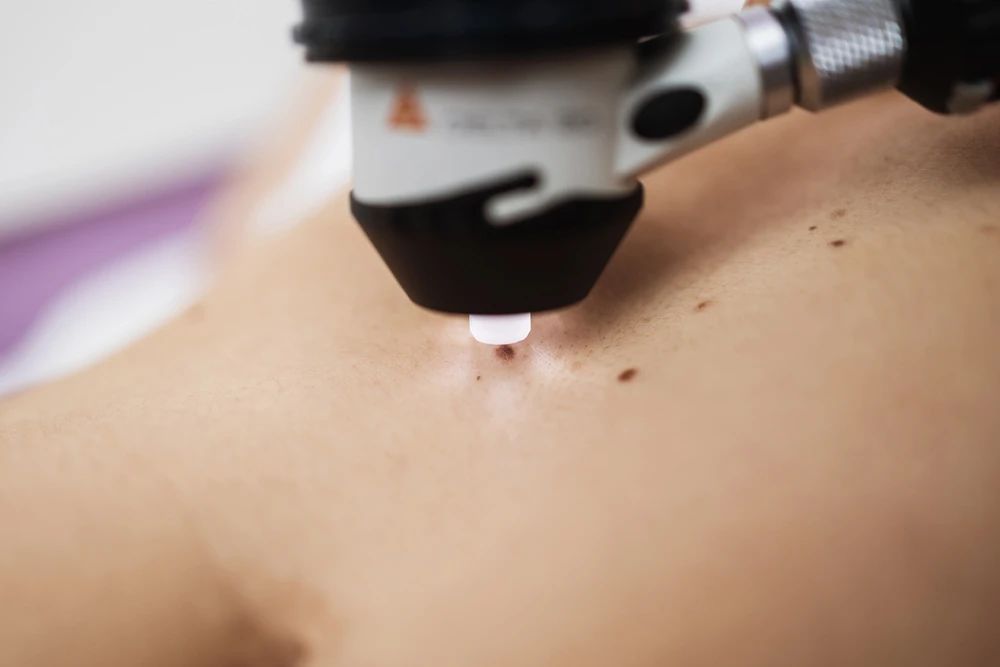Neck Pain and Low Back Pain: Should You Consider Epidural Steroid Shots?
2022-02-07

Epidural steroid injections (ESIs) have been used as a
non-surgical modality to relieve neck, arm, back, and leg pain caused by
inflamed and compressed spinal nerves. Both long-term and short-term effects of
the ESIs were shown in recent clinical researches.
What is the purpose of an epidural steroid injection?
Corticosteroid injections reduce inflammation and are
effective when delivered directly onto the painful nerves. The ESI does not
make a herniated disc or bone spur smaller, but it will flush away proteins
that cause irritation and swelling and reduce compression and overexcitement of
nerves.
What conditions are treated using ESI?
This type of injection is an effective treatment for
conditions involving a pinched or compressed spinal nerve. Some of the
conditions we commonly treat with ESIs include herniated disc, sciatica,
radiculopathy, degenerative disc disease, spinal stenosis, spondylolysis,
failed back surgery syndrome, etc.
Who is a candidate for an ESI?
ESIs are commonly used to relieve pain in patients who
have not adequately responded to lifestyle change, modification, common pain
killers and physical therapies for 6 weeks. When your pain is severe and needs
strong pain killers, such as Oxycodone, Tramadol and Codeine, or when your pain
lasts longer than 6 weeks, or when you want to avoid spinal surgery, ESIs
should be considered. ESIs are helpful for patients with inflammatory and
painful conditions. ESIs are often used to determine the origin of back pain
too.
What are the benefits of ESIs?
In past days, ESIs were used to be considered temporal
pain management. However, ESIs can offer
both short-term and long-term pain relief. Recent systematic reviews reported
that 80% of patients got more than 50% of pain relief and higher pain relief
quality at 6 months and 12 months after the treatment, with an ESI. The ESIs
may allow you to reduce or stop oral medicine which may cause side effects. You
may have higher intense exercise therapy in better pain condition. Chronic pain
leads to sleep disturbance, fatigue, depression and anxiety. Good pain control is essential for both
physical and mental health too.
What happens during the ESI procedure?
The procedure is minimally invasive, done as an
outpatient procedure, and involves little recovery time. Parkway People’s
Square Hospital performs epidural steroid injection as an outpatient treatment
using only local anesthesia at the site of injection. A low dose sedative is
also available. In most cases, the procedure is less painful than you think.
The doctor cleans your back region using an antiseptic solution, then numbs the
skin using a tiny needle and anesthetic. The procedure needle is inserted into
the epidural space using a special type of x-ray called fluoroscopy and
ultrasound. They allow the doctor to watch the needle on a monitor to ensure
Its correct placement and the delivery of the medication onto the inflamed
nerve root.
What is the serious side effect of epidural steroid
injections?
Serious nerve injury and infection are extremely rare,
but they must be explained beforehand by the doctor performing the procedure.
To reduce the risk of complications, ESIs are performed under Image guidance of
fluoroscopy and ultrasound in a clean room.
Who performs epidural steroid injections?
Only a licensed medical professional can administer
steroid injections. These treatments can be done at an outpatient facility, but
consultation and testing must be done beforehand. The procedure needs precise
needle control. Only a limited number of
trained medical specialists can perform ESIs. ParkwayHealth Pain Management
Specialist, Masatoshi Patrick Tomonari, MD, is clinically trained and has extensive
experience in making adequate assessment and can relieve your long-term or
chronic pain in a patient-centric approach.
For more information or to make an appointment with a
Pain Management Specialist, contact us at 400-819-6622.
Article contributed by Dr. Masatoshi Patrick Tomonari, Pain
Management Specialist at ParkwayHealth.





























